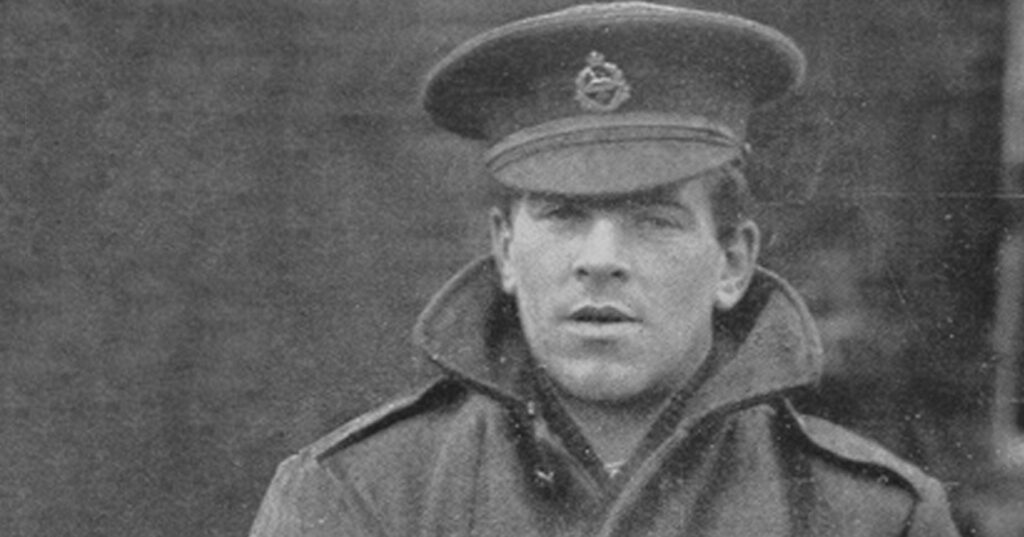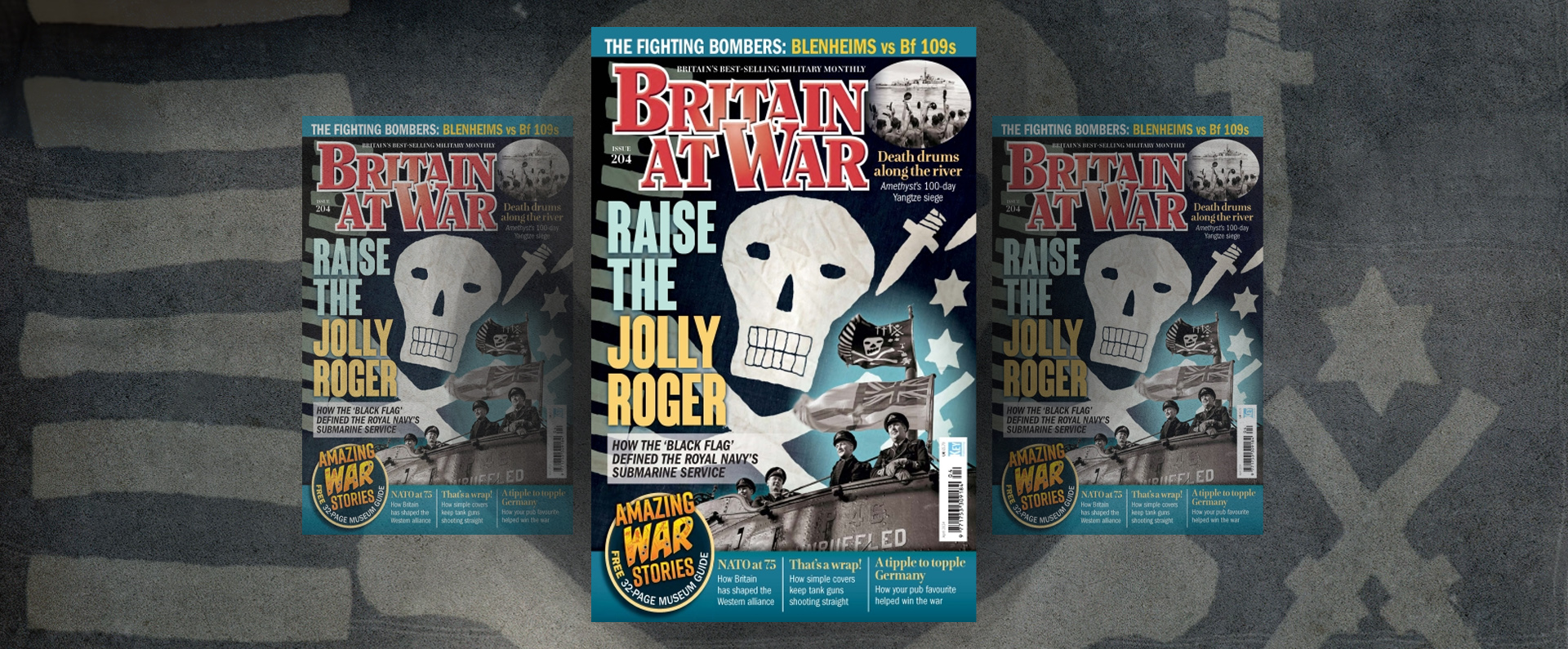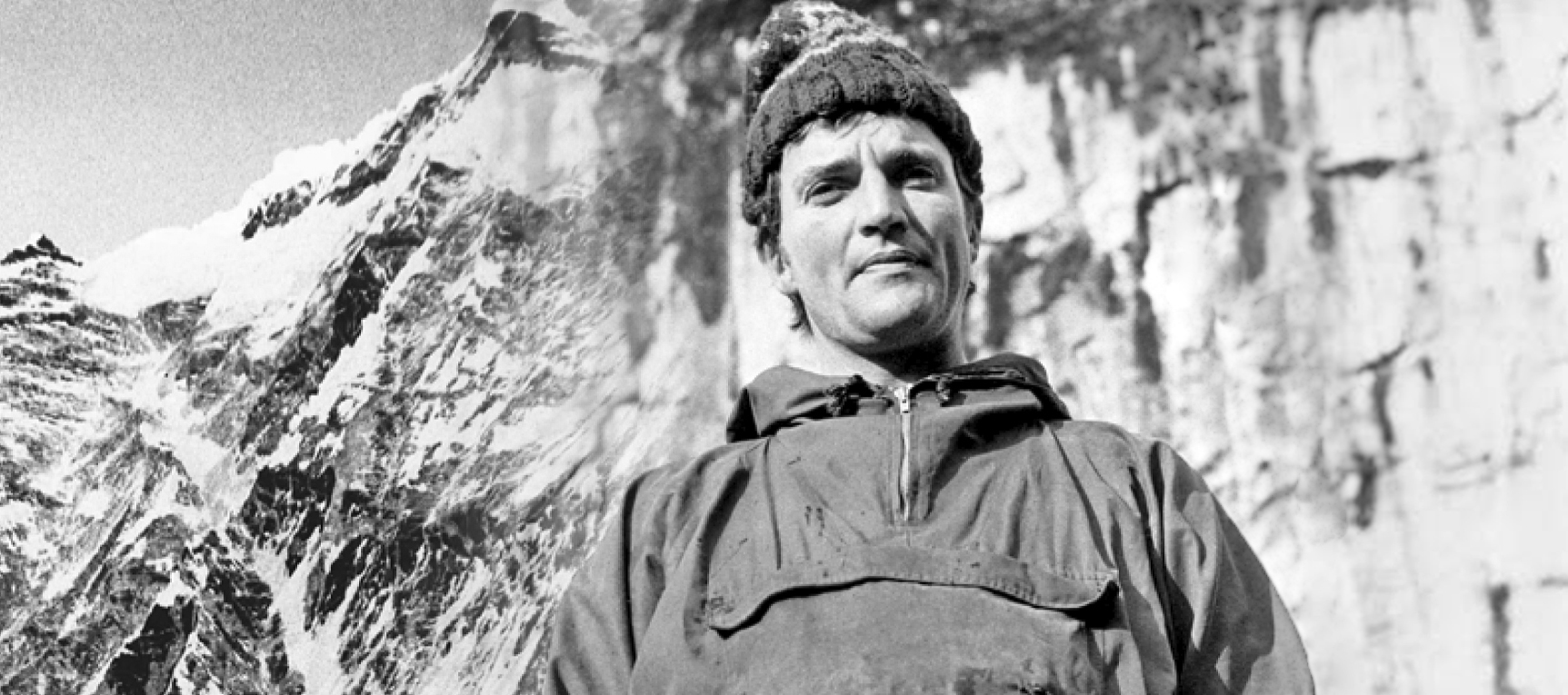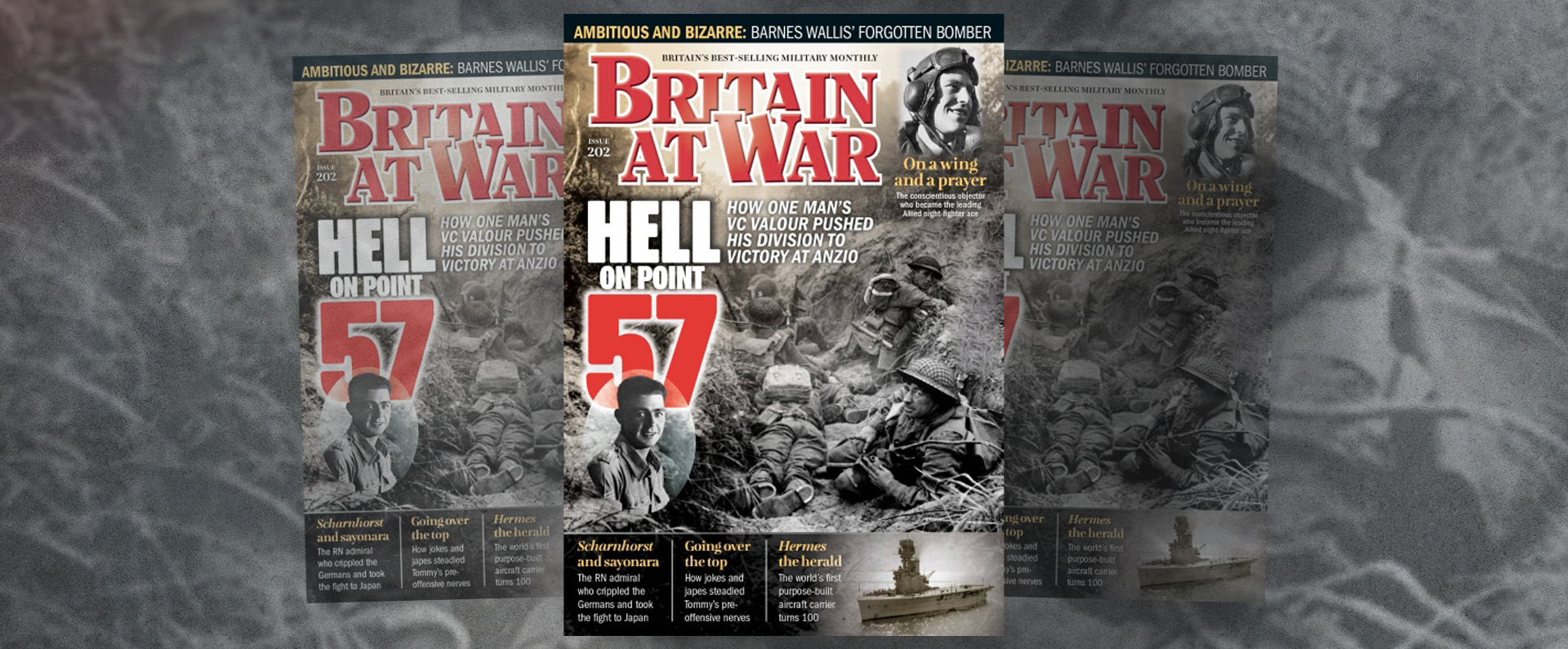
Published in the Sunday Telegraph on 01 September 2013.
Spencer John Bent – The Suffolk lad who came out fighting
Drummer Spencer John Bent arrived in France on August 22, 1914, the first day of armed skirmishes between Britain and Germany. He was 23 and destined to become an “Old Contemptible”, the affectionate name later given to members of the British Expeditionary Force who saw the early fighting during the First World War (the Kaiser allegedly made a caustic reference to Field Marshal Sir John French’s “contemptible little army”).
Bent was born on March 18, 1891, in Stowmarket, Suffolk, a market town that sits beside the River Gipping. By the age of 10, he was an orphan: his father, who had served with the Royal Horse Artillery, was killed during the Boer War and his mother had died, too. He was largely brought up by his uncle and aunt. He was just 14 when he joined the Army in 1905 as a drummer in the 1st Battalion, the East Lancashire Regiment. When he boxed at lightweight in Army championships, he was soon christened “Joe” – a corruption of “Chow” Bent, a well-known professional boxer at the time. The nickname stayed with him until his death, with only his closest family continuing to call him by his second Christian name of John.
After the outbreak of the Great War, Bent accompanied his regiment to France and saw action at the Battle of Le Cateau. However, it was for gallantry in the first Battle of Ypres, which started on October 19, that he was awarded his VC. His platoon was holding one of the front-line trenches near Le Gheer, Belgium, after a ferocious day’s fighting. On the night of November 1/2, an exhausted Bent was trying to get some sleep but awoke to find his comrades abandoning their positions. There was no officer in the trench to give the order to withdraw, nor even a non-commissioned officer, because the platoon’s sergeant was visiting an advance post. Yet someone had passed word down the line that the battalion had been ordered to retire. Bent started following the others but then decided he could not bear to leave his treasured French trumpet, so he made his way back.
When Bent reached the trench, he spotted a soldier, raised his rifle and demanded that the man, whom he assumed to be a German, identify himself. It turned out to be the platoon’s recently returned sergeant, who told him that no orders to retire had been given. Bent immediately ran after some of his comrades to call them back and encountered an officer who helped him round up the rest of the platoon.
Early the next morning, German infantry advanced confidently towards the trench, clearly believing it had been abandoned. When they were within 400 yards, the British machine gun and rifles opened fire, causing the advancing infantrymen to run for cover. Before long the German artillery launched a heavy, bombardment and the officer, platoon sergeant and a number of the men were killed or injured. Bent took command and repelled several more infantry attacks until, later in the day, he was relieved.
This was just one of several courageous actions by Drummer Bent in late 1914. On October 22 he carried ammunition to a patrol that had been cut off by the Germans. Two days later he brought ammunition and food to a front-line trench under heavy shell and rifle fire. On November 3, he repeatedly risked his life by venturing into no-man’s land to rescue several wounded men. One of these, Private McNulty, was 25 to 30 yards from the British trench and, when Bent attempted to lift him, the two men came under a hail of enemy bullets. To get him to safety, Bent hooked his feet under McNulty’s armpits and edged backwards, dragging the injured man behind him.
In an interview with his local paper, the Suffolk Chronicle and Mercury, shortly after the war, Bent recalled the incident: “After we had had breakfast, Private McNulty went out of the trench, and on returning was hit in the pit of the stomach. He fell, and the Germans were trying to hit him again; you could see the earth flying up all around him. I said, ‘Why doesn’t someone go and help him?’ and got the reply, ‘Why not go yourself?’ I went, and to make it difficult for the Germans to hit me, I zigzagged to him. They did not snipe at me whilst I was advancing, but as soon as I got hold of McNulty’s shoulder something seemed to take my feet from under me, and I slipped under McNulty. This took place close to the walls of a ruined convent, and just as I fell, several bullets struck the wall, sending a piece of plaster against my left eye. I thought I was wounded and started to rub the blood away, as I thought, but fortunately the skin was only grazed. I felt it was time to get out of it, and knowing it was impossible to stand up, I hooked my feet under McNulty’s arms, and using my elbows I managed to drag myself and him back to the trenches about 25 yards away. When I got him there safely, I went for a doctor and stretcher-bearers. As far as I know he is still alive. At any rate, [he] was the last time I heard of him.”
Days later, Bent was seriously injured, sustaining a gunshot wound to his leg. By then, he also had shrapnel injuries to both arms and hands, on top of his head wound. He was sent back to England, where he received several months of medical care, and only learnt he had been awarded the Victoria Cross when he read about it in a local paper. His decoration was announced in the London Gazette on December 9, 1914, where his citation highlighted his “conspicuous gallantry” and identified four separate acts of bravery. He also received £50, then a considerable sum, from an Ipswich resident who had offered it to the first local man to be awarded the VC. Bent was the first man from his regiment to be awarded the VC in the Great War, receiving his decoration from George V at Buckingham Palace on January 13, 1915.
Bent was promoted to corporal and helped with the recruitment campaign for six months before being promoted again, to sergeant. On August 25, 1915, the London Gazette announced that Bent had been awarded the Cross of St George by Russia for gallantry and distinguished service. It was during his period that, in Plymouth, he met the girl he would later marry: Alice Powell, daughter of the chief boilermaker at the Royal Naval Dockyard, Devonport.
By now engaged, Bent returned to France in the summer of 1916 and rejoined his old battalion on the Somme, remaining there until November when he again returned to England to convalesce, this time from rheumatic fever.
Bent and Alice Powell were married in Plymouth on January 16, 1917, when he was 26 and she was 22. But later the same month, Bent was back in France, this time as a volunteer with the 7th Battalion of his regiment. He took part in the assault on Messines Ridge, later describing his own involvement as “as good a work as ever I did during the war”. This, coming from a recipient of the VC, suggested he had been courageous in the thick of the action yet again.
After being promoted to company sergeant major, Bent fought at the third Battle of Ypres, also known as Passchendaele, and then rejoined the 1st Battalion in time for the German Spring Offensive and the subsequent battles of summer and autumn 1918.
During fighting around the village of Sepmeries, this formidable soldier showed outstanding bravery for which he was awarded the Military Medal (MM), notably for leading two patrols that attacked the enemy on October 29, days before war’s end.
Following the end of hostilities, Bent returned home in May 1919, having served with distinction throughout the war. He remained in the Army until 1926, serving in the West Indies and Malta. Leaving with the rank of regimental sergeant major after 21 years’ service, Bent was still only 35 years old.
After his military career, the father of three went on to work as a school caretaker and a commissionaire, continuing part-time work until he was 85. He died peacefully in his sleep in Hackney, London, on May 3, 1977, aged 86. He was cremated at West Norwood Cemetery and Crematorium, London, where there is a plaque in his memory.
During his life, Bent had a fondness for using the phrase: “We had our money’s worth.” So after his death, Captain R W Thorne MBE wrote an obituary of Bent which ended: “Perhaps it can be said of the man who illuminated those dark and desperate days back in 1914, who illuminated the history of his Regiment and the British Army, and illuminated the lives of those who knew him, especially those privileged to be counted among his friends, that he gave his Sovereign, his Country, his Regiment and his fellow-men ‘their money’s worth’.”
A thanksgiving service for the life of “Joe” Bent VC MM took place at the Chapel of the Royal Hospital, Chelsea, on June 15, 1977. His widow, to whom he was married for more than 60 years, survived him and eventually died on December 7, 1984, aged 90.
I purchased Bent’s gallantry and service medals at a Dix Noonan Webb auction in London in 2000. By then, I had been fascinated by bravery all my life, a passion partly inspired by my late father, Eric, who had served in the Army during the Second World War and had taken part in the D-Day landings of June 6, 1944. My passion for bravery, in turn, led to an interest in gallantry medals in general and the VC in particular. After making some money as an entrepreneur, I bought my first VC in an auction in 1986. Today I own more than 180 VCs and my collection, which includes Bent’s VC, is on display in the gallery bearing my name at the Imperial War Museum, along with VCs and George Crosses (GCs) already in the care of the museum.
Download a PDF of the original Sunday Telegraph supplement
For more information, visit:
LordAshcroftOnBravery.com


